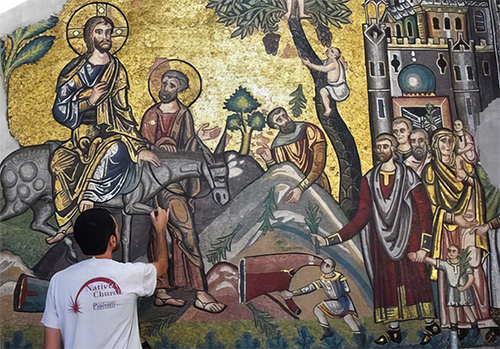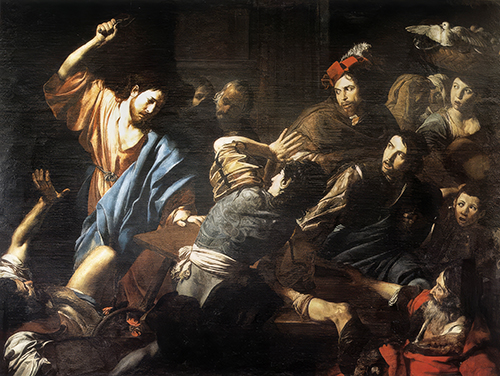Murder on the Orient Express is a work of detective fiction by English writer Agatha Christie featuring the Belgian detective Hercule Poirot. The book was first published in January 1934.
There have been four film adaptations.
The 2017 screen adaptation featured such well-known names as Judi Dench, Kenneth Branagh and Johnny Depp.
The film begins with a young boy running helter-skelter through an awakening city. The boy carries a collection of chicken eggs for the chef to choose two.
The eggs are boiled and presented to Monsieur Hercules Poirot for his breakfast.
The young boy is not seen again, most of the film happening on a train. In the cast credits, he is simply named a ‘young boy. ‘
Like many others, known as ‘extras’ their presence is necessary for the film to be produced.
They are known as ‘uncredited’
When one reads the entire cast, one is faced with the fact that there at least 59 uncredited persons were in the cast!
They are necessary to the film, so necessary that nobody notices.

Today, in our liturgy for Palm Sunday, I invite you to notice an ‘uncredited’ cast member – the donkey!
“Jesus found a young donkey and sat on it . . . .” (Jn. 12:14)
All four of the Gospels record the same event, (Lk. 19: 35, Mt. 21:7, Mk. 11:7).
It is not the first occasion Jesus has been on a donkey!
While there is no Scriptural evidence, I invite you to cast your mind back to those Christmas cards you send and receive each year.
Many include a portrait of Mary and Joseph making the journey to Bethlehem and Mary is sitting astride a donkey. And Mary is pregnant.
The Gospel of Matthew also tells the story of the Holy Family’s flight into Egypt (Mt. 2: 13- 23).
Again, without Scriptural evidence, artists throughout the generations have pictured this ‘flight’ with Mary and the newborn Jesus sitting on a donkey and being led by Joseph.
Uncredited and yet essential – the donkey!
The one who carries the Word made flesh!
As companions of Jesus, that is our call also – to be uncredited and yet essential carriers of the Word!





